Celebrating Black History Month with your foster children
Black History Month UK takes place each October, and is a time where we highlight the history, achievements and experiences of black communities across the world. As a foster parent, it’s really important to teach the children in your care about black history.
The theme for Black History Month this year is ‘Reclaiming Narratives,’ which aims to debunk myths around black history by showcasing ‘the full complexity of Black heritage.’ Learning about black history is important for children of all ages, regardless of their ethnic or cultural background. It helps them to develop a richer understanding of the world around them, breaks down prejudices, and teaches the importance of celebrating diversity and acknowledging everyone’s unique cultural identity.
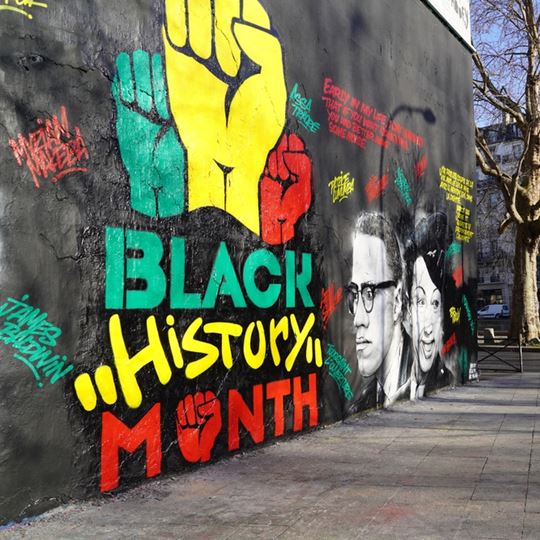
Supporting children’s cultural identity
When children come into foster care, there is a risk that they may begin to lose touch with their sense of identity, both on a personal and cultural level. They may struggle to feel as though they belong, which is why we’re always encouraging more people from BAME communities to consider taking on the exciting journey of becoming a foster parent.
These concerns are especially true for children in cross-cultural placements, and we do all we can here at Fosterplus to support our foster parents. We offer a range of training on topics including Equality and Diversity and Cultural Awareness, as well as running support groups where all of our foster parents are welcome to socialise and learn from one another, such as our regular coffee mornings hosted by foster parents with Eritrean heritage. Together we can ensure that our foster parents are given all the tools they need to support children to stay deeply in touch with their heritage.
‘He’s always wanted to know his culture and where he’s from,’ says foster mum Maryelen, who fosters a little boy from Nigeria. ‘We’re finding ways for him to find out who he is and feel connected to his heritage. He thrives on it.’
Learning about and celebrating black history can be a fantastic way of helping children to connect with their cultural heritage. Having a strong sense of one’s identity and pride in it is hugely beneficial for children and helps them to grow into confident adults. Check out our blog to learn more about how to support children of a different ethnicity or culture than your own.
The history of black communities in the UK
During Black History Month we often share the incredible stories of influential figures from American history with our children, but there is often less attention paid to the rich history of black people in Britain. Here in the UK, we began to recognise Black History Month in 1987. We celebrate it each October, to reflect the African tradition of important members of the community getting together to discuss important issues.
Learning about black British history can be especially beneficial in helping to combat the racist and anti-migrant narratives which foster children in the UK may come across in their day-to-day interactions and on social media, such as the toxic idea that to be ‘truly British’ means to be white. These ideas are not only demonstrably false, they are also extremely damaging.
By teaching children the realities of British history, we can challenge these narratives with the truth that black communities have been a part of life in Britain since as early as the 3rd century AD. The facts speak for themselves: Britain has always been multi-cultural, and the role which black and migrant communities have played in the development of our nation remains crucial to this day.
Let’s explore the rich tapestry of black history in Britain by learning about the lives of five influential black men and women whose stories you can share with your foster children during Black History Month.
5 influential figures of black British history
James Chappell (1648-1730)
James is a rare example of an everyday person being remembered by history, thanks to his heroic actions. James was a servant living with a family named the Hatton’s. One night a store of gunpowder was struck by lightning, destroying the castle where the family slept. James’ bravery that night saved four members of the Hatton family, including three little girls. He was left a yearly payment as thanks in their father’s will, and it is believed that he went on to become a pub landlord.
A portrait of James was recently commissioned by English Heritage, who are currently displaying a collection of paintings of 6 historical figures with African heritage who influenced Britain. Why not explore this collection of paintings on their website with your foster children and learn more about black British history?
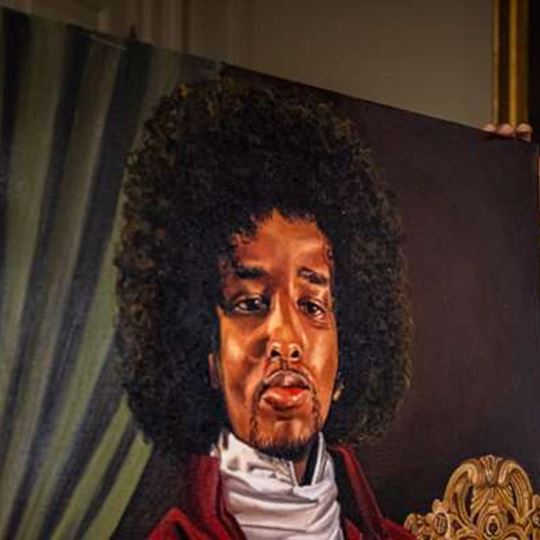
Mary Prince (1788- approx. 1833)
Mary was born into slavery in Bermuda. After marrying a formerly enslaved man named Daniel, Mary was brought to England as a servant. Though Mary was able to leave the family who had taken her to England, their refusal to make her a free woman meant that she was unable to return home to her husband unless she agreed to become enslaved once again.
Mary became the first black woman to present a petition to parliament and worked with a writer to get her story out to the public. ‘The History of Mary Prince’ was released two years before the Abolition of Slavery Act in 1833. Mary’s story became hugely influential and no doubt helped to change public opinion, being the first book published in Britain which told the story of a black woman who had lived through slavery.
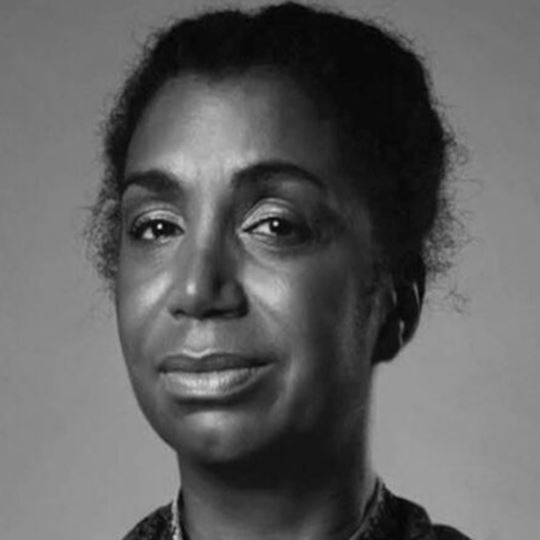
Tunji Sowande (1912-1996)
Tunji was born in Nigeria, where he trained and worked as a pharmacist before deciding to move to the UK to pursue his musical talents and train in criminal law. Tunji was exceptional as both a musician and a lawyer, and went on to become Britain’s first black judge. Later in his career, he supported other people from minority backgrounds to pursue careers in law, all of whom said they ‘owed their career’ to the support he gave them.
Playwright Taylo Aluko wrote and performed a one-man play about Tunji’s life, ‘Just an Ordinary Lawyer’, which is filled with songs to reflect Tunji’s own skills as a baritone. Tunji passed away at the age of 84, having made an incredible impact upon British life.
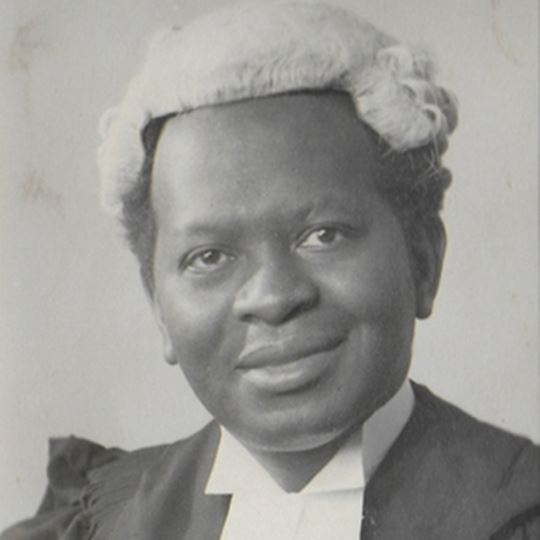
Lilian Bader (1918-2015)
Lilian was from Liverpool, and was one of many people who served Britain during the first and second World Wars. When World War II broke out, Lilian worked in a canteen serving troops, but was soon fired when her employers learned that her father was not British.
In spite of this prejudice, Lilian went on to enlist with the Women’s Air Force and worked her way up to becoming a Leading Aircraftwoman, becoming one of the very first black women to join the British army. She later studied at university and became a teacher. Lilian died at the age of 97, leaving behind a legacy of resilience, pride and national service.
This fantastic webpage from The Black Curriculum has a range of activities you can enjoy with your young person to learn more about Lilian’s story, as well as stories of other influential black women throughout history.
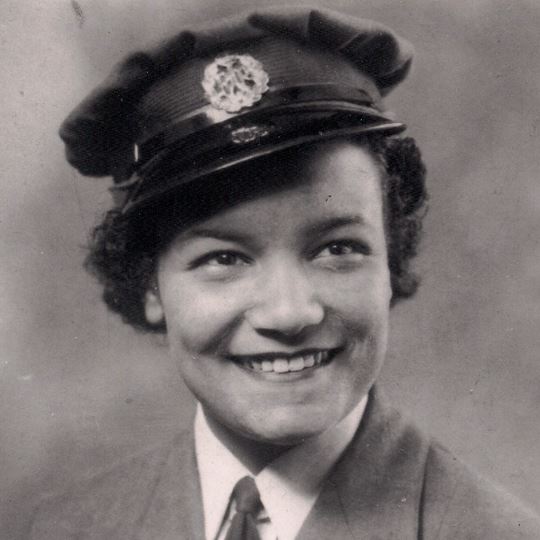
Benjamin Zephaniah (1958-2023)
Benjamin was a novelist, professor, actor and musician, though he is most well-known for his wonderful dub poetry. Born in Birmingham, Benjamin found huge success as a writer in spite of his dyslexia, and his ‘poetry of the people’ became highly celebrated, often incorporating Jamaican patois and touching on subjects such as class, equality and race. Benjamin passed away only last year from a brain tumour, after a lifetime of activism and bringing joy to his community.
His poem ‘The British’ celebrates diversity and migrant communities in Britain. Why not watch this BBC video of Benjamin performing the poem with a group of young people and discuss it with your foster children?
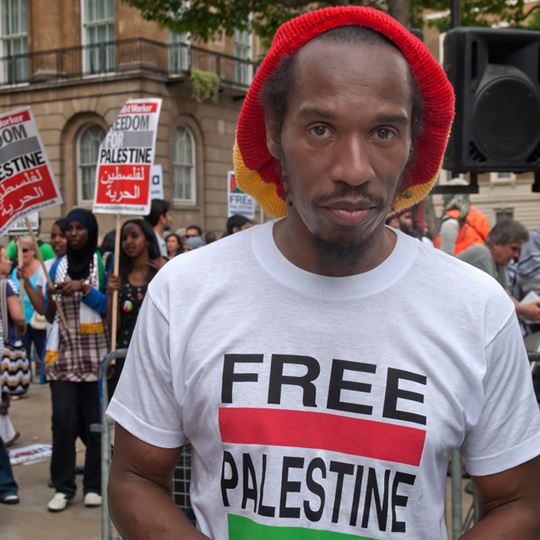
Black and British
These incredible stories highlight the contributions, presence and achievements of black communities in Britain throughout the centuries. It’s also important to teach children that black history is about more than the stories of famous individuals: equally as important are the stories of the everyday people who lived in Britain, and the millions of people around the world whose lives were affected by British colonialism.
To learn more as a family, check out our guide below, which highlights a range of Black History Month resources for children and foster parents. These enlightening books and shows by black creators will no doubt inspire conversations in your home about the incredible role which black people have played in British life throughout the centuries.
Fosterplus’ Guide to Black History Month Resources
Black History Month resources for young children
- ‘Coming to England’ by Floella Benjamin (3-6 years)
- ‘Bright Stars of Black British History’ by J.T Williams (ages 8-12)
- ‘Black in Time: The Most Awesome Black Britons from Yesterday to Today’ by Alison Hammond (ages 9-11)
- The BBC television show ‘JoJo & Gran Gran’ is great for younger kids, based around the adventures of a black British family as little JoJo goes on adventures and explores her St Lucian heritage with her loving grandma. The series is available for free on IPlayer.
Black History Month resources for teenagers
- ‘Growing Up Black in Britain’ by Stuart Lawrence
- ‘Black and British: A Short, Essential History’ by David Olusoga
- ‘Black Britain— A Photographic History’ by Paul Gilroy
- Why not check out the incredible BBC documentary with your young person, Black and British: A Forgotten History, which is available for free on IPlayer.
Further reading for foster parents
One of the best ways you can help your young person to learn more about black heritage is by deepening your own knowledge. The books below are fantastic reads if you’re interested in learning more as a foster parent.
- ‘There ain’t no Black n the Union Jack’ by Paul Gilroy
- ‘This is us: Black British Women & Girls’ by Kafayat Okalawon
- ‘Black and British: A Forgotten History’ by David Olusoga
- ‘African and Caribbean People in Britain: A History’ by Hakim Adi
Celebrating black history every day
While we may highlight the impact of black history during October, it’s important to celebrate black heritage all year round. For even more great Black History Month resources, we encourage you to check out our information booklet.
Here at Fosterplus we encourage everyone to consider fostering, and are always thrilled to welcome foster parents from ethic minority backgrounds who have a deep inherent understanding of the needs of children who share their background. If you’re interested in learning more about fostering, get in touch with us on 0800 369 8512 or enquire with us via our online form. We’d love to hear from you and tell you all there is to know about getting started as a foster parent.





